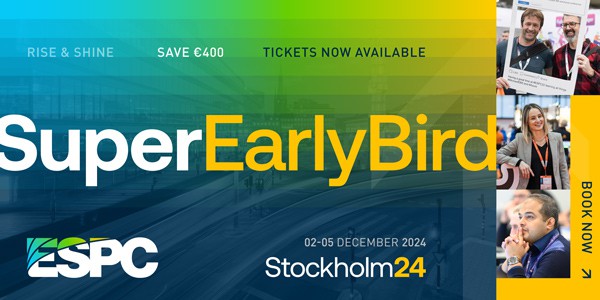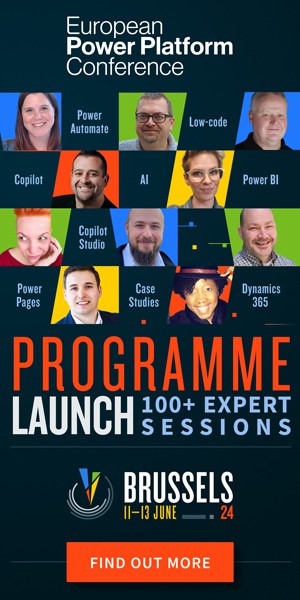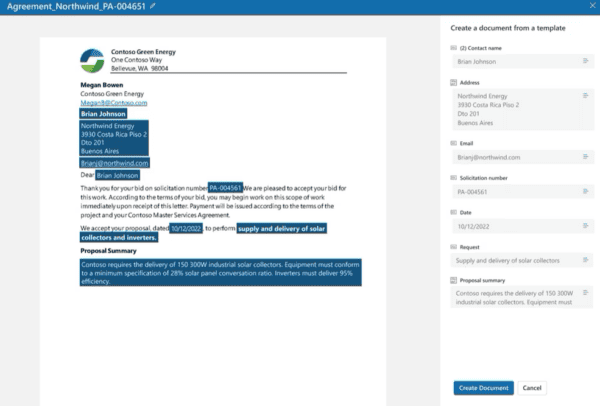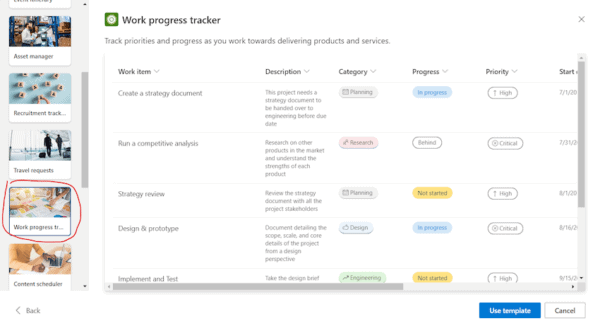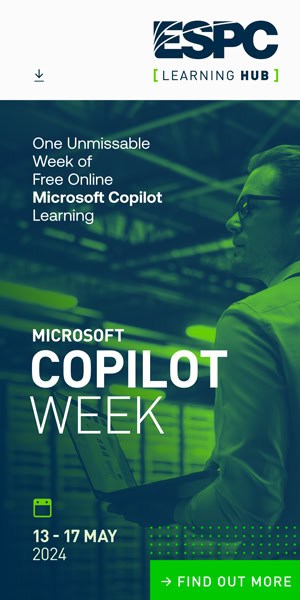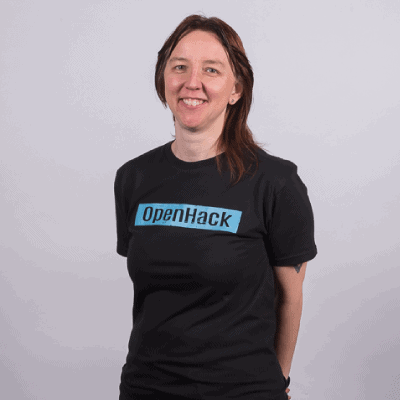
Tell us a little bit about yourself and your Role
I work in the Commercial Software Engineering team at Microsoft and focus on the Health Industry. That involves working with key customers that are implementing solutions using Azure technologies especially new pieces such as IoT, ML , AI and Mixed Reality. We share our engineering practices, technical skills and industry expertise via building solutions together with their team.
In your opinion what is the most exciting thing about working with Azure?
I love that new services are constantly being added and existing services are getting new and improved features all the time.
So often something that was hard to do 6 months ago suddenly becomes super easy. I love learning new things so I find this exciting.
What is your favourite Azure Product and why?
There are many I really like but Azure DevOps is my current favourite. It makes building and deploying things to Azure (and other places) so smooth. It’s the first place I always start when doing something new even before writing code as I use it to help plan things out.
Where do you look for professional inspiration?
I listen to a lot of podcasts , I make sure there is a good mix of cool technical topics and also people talking about their life and business journeys on my playlist. This gives me a good range of inspiration across all aspects of my life.
What are the biggest challenges you face working with Azure?
While it’s also what I love the most about Azure the fact that it is constantly changing and the huge range of services can also be a challenge.
It’s impossible for anyone to know everything about the platform at a deep level.
How would you tackle it/them?
I make sure I know people that specialise in different areas of Azure. That way I can call on them when I need deep knowledge out of the areas that I know well and also to throw around ideas to see what I may have not considered.
Attending a conference is a great way to get up to date and/or dive in depth into various areas as well as the perfect place to network with experts and attendees to build up contacts for when you need help.
What advice would you give to someone starting out with using Azure?
What makes a great Azure Developer / Architect / etc.
A willingness to try new features and learn new things plus a good understanding of what can be done using just configuration as compared to where custom code is needed.
Too often I see people custom developing things that already exist and creating a heap of extra work and maintenance. Also making sure you discuss what is hard and what is easy to achieve with the stakeholders. Often priorities of features change a lot as stakeholders get more familiar with what is possible and/or which parts are lower vs. higher effort.
What key skills does an Azure Expert need to be effective in Industry?
The ability to be able to talk about technology in business focussed terms not just technical features and acronyms.
Also curiosity and willingness to learn is very important , rather than just using the same features to try and solve every problem it’s important to investigate what options might be best. Finally understanding the DevOps lifecycle needed to get a Minimal Viable Product up and running that can be frequently updated without problems is critical.
Azure Specific:
What in your opinion has been the biggest advance in Azure in the past 18 months?
While it was already a big focus I think there has been significant advances in ensuring that Azure is a great place for all developers not just those using more traditionally friendly languages and tools like .Net.
Also the long 2-3 release cycles are gone so there is now a much quicker and more open feedback cycle and roadmap.
With a wide array of Cloud Platforms available, why Azure?
Well working at Microsoft I am obviously a bit biased towards Azure ! The three areas I see commonly come up as strengths is how broad the functionality it offers are with many Platform as a Service (PaaS) as well as Infrastructure as a Service (IaaS) options, the strong focus on security and finally hybrid functionality which helps customers that still need to maintain or connect to on-premises functionality.
Do you have suggestions for other community members who hope to become MVP’s?
It takes a lot of work so it’s important that you focus on areas that you are passionate about. On the MVP site here (https://mvp.microsoft.com/en-US/pages/what-it-takes-to-be-an-mvp ) there are great examples of people that picked one way they felt they could contribute to the community the most and did a lot of that rather than trying to do little bits of everything. Also as you need an existing MVP or Microsoft FTE to nominate you so networking at conferences is a great way to get the connections you need both for asking advice but also for when you are ready to be nominated.
In 10 years, where do you see cloud-based Machine Learning platforms such as Azure ML?
10 normal years feels like a lifetime when thinking about cloud based products and how fast they change !
There are some short term items which we are already seeing progress on which are fairly safe predictions. These include seeing more common tasks being made easier to do for people without a data science background by it being a cognitive services for example the form recognizer service currently in preview (https://docs.microsoft.com/en-us/azure/cognitive-services/form-recognizer/index ). ML DevOps is also an area that is moving forward quickly to help improve getting from an experiment through to a production model in a repeatable pattern that is highly automated.
With such a long timeframe we are likely to see some large changes, quantum computing research is already providing a lot of improvements and new techniques that are improving our traditional ML approaches. If quantum computing gets commercialised in that timeframe we are likely to see a lot of exiting new things that are not currently possible.
Find out more about Azure @ ESPC19 here
